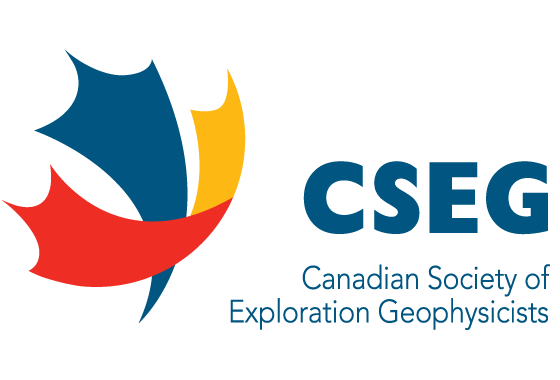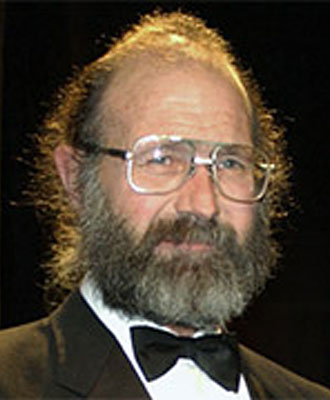Abstract
Detecting pore fluids and their effects are the ultimate goals of almost all geophysical and petrophysical investigations. We strive to identify fluid types, extract their properties, predict pore pressures, and detect fluid motion. The important aspects of fluids are as much a function of their chemistry, distribution, and mobility as well as their simple bulk properties. Common pore fluids include hydrocarbons, carbon dioxide, drilling mud filtrates, water, and brines. Properties can be quite diverse. Hydrocarbons can range from light gases to semi-solid heavy oils. Heavy oils are of particular interest recently because of their new significance as a dominant hydrocarbon resource. Seismic properties of these fluids, such as bulk and shear moduli (yes, heavy oils have a shear modulus) are dominated by the content of high-molecular-weight components. As we broaden our search for new energy sources and as our geophysical data and resolution continue to improve, we will also need to be concerned with issues such as phase changes, fluid-rock interaction, compositional heterogeneity, and thermal effects.
Biography
Mike Batzle holds the Baker Hughes Distinguished Chair of Petrophysics and Borehole Geophysics, at the Colorado School of Mines, where he has been a member of the geophysics department for the past 17 years. Previously, he was a principal scientist at ARCO Oil and Gas Company in Plano, Texas. He has a BS in geology from the University of California, Riverside, and a PhD in geophysics from MIT. His main interests have been in rock properties research primarily for engineering and geophysical purposes. Mike's laboratory has a wide range of equipment to measure seismic and acoustic properties of rocks and fluids, including low-frequency and low-amplitude velocity, attenuation, and modulus measurements. He was awarded the Kauffman Gold Medal by the Society of Exploration Geophysicists for his research with Zhijing Wang on fluid properties. In the past, he has also conducted borehole geophysics research and development, and holds U.S. patents on tool designs. Currently, his research focus is on seismic lithology and fluid identification, reservoir characterization, and time-lapse seismic monitoring. He has also conducted extensive research on rock strength and stability and their estimation from both laboratory measurements and well logs. At the School of Mines he established and co-directs the Rock Physics Laboratory (affectionately known as "The Center for Rock Abuse").






